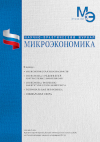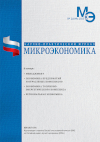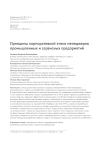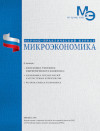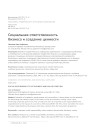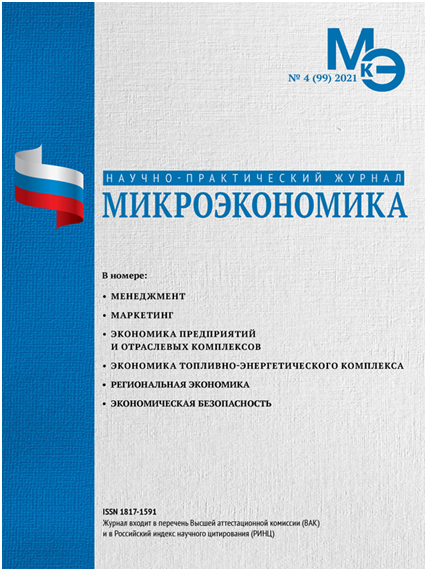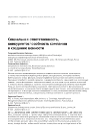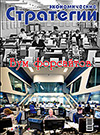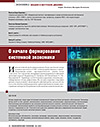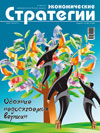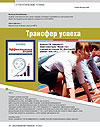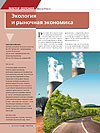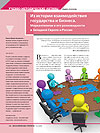Prospects for the development of corporate social responsibility in the construction business
DOI: 10.33917/mic-3.122.2025.77-85
The purpose of the article is to study the concept of corporate social responsibility in the construction sector. Conducting a comparative study using the methodology of studying specific cases of CSR-based activities in Russia and abroad allows us to establish a context for understanding how social responsibility is perceived and applied in practice in construction. The results showed that construction companies are aware of the growing importance of CSR, but there are problems limiting this process. The authors concluded that despite the differences in the approaches that organizations use in relation to the directions of social responsibility development, social orientation has become a significant factor for corporate social responsibility initiatives in Russia. The directions of development of corporate social responsibility are proposed.
References:
1. Bodrunov S.D., Glazyev S.Yu. Regularities of the noonomy foundations formation as future social order: to know and operate: monograph. St-Petersburg: S.Y. Witte INID; Moskow: Centerkatalog, 2023. 340 p.
2. Milton Friedman. A Friedman Doctrine – The Social Responsibility of Business Is to Increase Its Profits. The New York Times. URL: https://www.nytimes.com/1970/09/13/archives/a-friedman-doctrine-the-social-responsibility-of-business-is-to.html
3. Arynova Z.A. , Deborah De Moortel. Foreign and domestic practice of implementing the principles of socially responsible business. Bulletin of the Innovative University of Eurasia. 2023;89 (1):53-63.
4. Asaul A.N. Corporate social responsibility – as the new philosophy of business. Corporate Governance. 2014;4:30-37.
5. Udaltsova, N. L., Shcherbinina, P. L. Business social responsibility: implementation and impact on company management. Leadership and Management, 2024;11(1):265-280.
6. Akhilesh Ganti, Somer G. Anderson, Vikki Velasquez. Social Responsibility in Business: Meaning, Types, Examples, and Criticism. 2024. URL: https://www.investopedia.com/terms/s/socialresponsibility.asp#citation-10.
7. Dilek Ulutaş Duman, Heyecan Giritli, Peter McDermott. Corporate social responsibility in construction industry. Built Environment Project and Asset Management. 2026;6(2):218-231.
8. Nesterenko A.N. Economics and institutional theory. Moscow: Editorial URSS, 2002. 416 p.
9. Ian McKinnon. Corporate Social Responsibility in Construction, 2022. URL: https://www.chas.co.uk/blog/csr-in-construction/
10. Yudenko M.N., Chepachenko N.V. Problems of social infrastructure in housing construction. Proceedings of the XIII International Scientific and Technical Conference: Current Issues in Architecture and Construction. Publ.: NGASI (Sibstrin), 2020. pp. 225-231.
11. Fedoseev I.V., Yudenko M.N. Problems and prospects of development of social infrastructure in St. Petersburg. Construction complex: economics, management, investments. interuniversity collection of scientific papers. Saint Petersburg, 2020. pp. 81-87.


